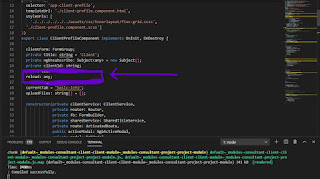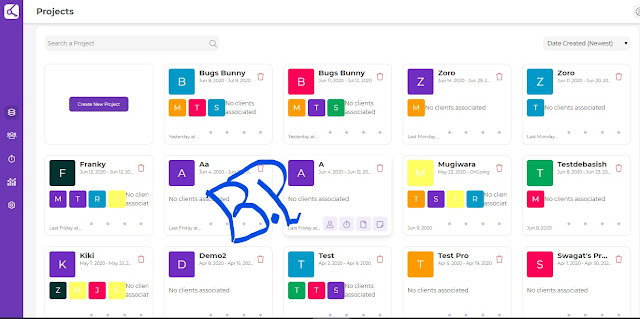let's explain object-oriented programming (OOP) concepts:
1. **Classes and Objects:**
- Imagine a class as a blueprint or template for creating objects. For example, think of a class called "Car" that describes what a car is, such as its color, brand, and model.
- Now, an object is like a specific instance created from that blueprint. So, if you have a class "Car", you can create objects like "MyCar", "YourCar", each with their own unique characteristics.
2. **Encapsulation:**
- Encapsulation is like putting things in a box and only allowing access through certain ways. In OOP, it means bundling data (variables) and methods (functions) that work on the data together within a class.
- For example, in our "Car" class, we might have variables like "color" and "model", and methods like "startEngine()" and "stopEngine()". These are encapsulated within the "Car" class.
3. **Inheritance:**
- Inheritance is like passing on traits from parent to child. In OOP, it allows a class (child) to inherit properties and methods from another class (parent).
- For example, if we have a class called "Vehicle" with common properties and methods for all vehicles, we can create a class "Car" that inherits from "Vehicle" and then add specific car-related properties and methods.
4. **Polymorphism:**
- Polymorphism means having many forms. In OOP, it allows objects of different classes to be treated as objects of a common parent class.
- For instance, if both "Car" and "Bike" classes have a method called "move()", they can each implement this method differently. But when we call "move()" on an object of the parent class "Vehicle", it can behave differently based on whether it's a car or a bike.
5. **Abstraction:**
- Abstraction is like hiding the complexity and showing only the necessary features of an object. In OOP, it allows focusing on what an object does rather than how it does it.
- For example, when you drive a car, you don't need to understand the internal combustion engine's complexities. You just need to know how to use the pedals and steering wheel. This is abstraction - hiding the complexities of the engine.
These are the basic concepts of object-oriented programming explained in simple terms. They help in organizing code, making it easier to understand, reuse, and maintain.


Comments
Post a Comment